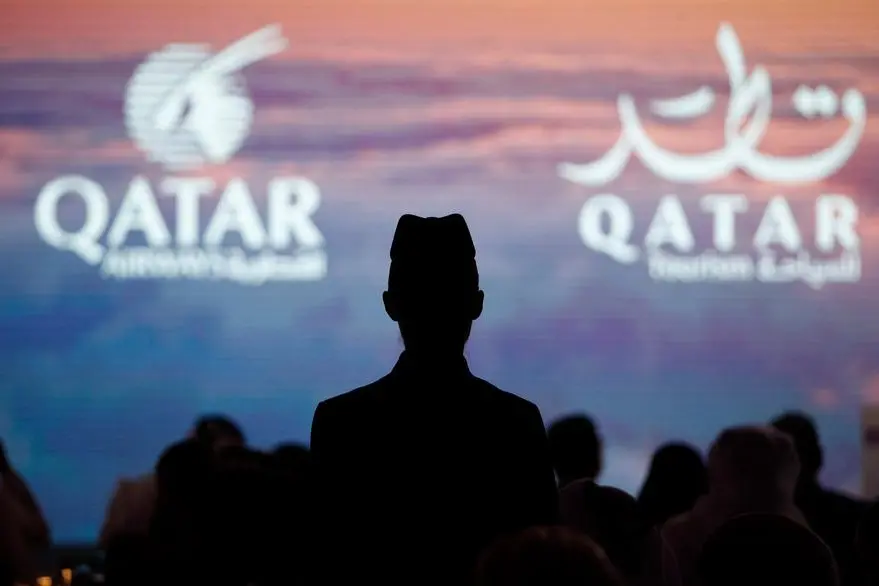PHOTO
The Australian Chamber of Commerce and Industry’s executive chairman John Hart and Virgin Australia boss Jayne Hrdlicka are the latest aviation and travel executives to urge the federal government to rethink its recent rejection of Qatar Airways expansion into Australia.
Hart wrote to Australian Transport Minister Catherine King and said the decision to deny Qatar’s application to double its flights to Australia would have serious financial repercussions for the tourism industry. Hart also asked to meet with the government to explain the chamber’s concerns.
Flight between Australia and Europe tickets are currently over 60% more expensive than pre-pandemic. It now costs around £1,500 for a return flight to London in economy.
The Australian Labor Government’s decision to reject Qatar Airways’ application for an additional 21 weekly flights to Australia continues to make headlines across Australia. The government claimed it would be against the “national interest” without providing any specific reasoning. Qatar’s expansion would added 800,000 to 1mn additional seats between Australia, Doha and Europe each year.
Travel agents, opposition politicians, state leaders, and tourism bodies have all raised concerns about the Australian government’s decision to block expansion, accusing the government of blocking additional Qatar long-haul flights to Australia “to protect Qantas” from the competition (which would force Qantas to lower fares).
Australia’s national carrier, Qantas, objected to Qatar Airways’ application on the basis that it could “lead to the loss of Australian jobs”. Tourism organisations don’t share Qantas’ view, one telling me “the opposite is true, an increase in flights boosts the economy and our sector as a whole”.
“The decision to deny the application has been estimated to cost the tourism industry up to $788mn,” The Australian Chamber of Commerce and Industry’s executive chairman said in his letter yesterday. “This is significant revenue that the tourism industry will potentially miss out on at a time when they are rebuilding following the Covid-19 restrictions.”
Hart warned the government against making the bilateral air rights rejection a precedent for future applications from other governments.
“If this decision sets a precedent for consideration of future applications, being that requests for additional flights will not be granted, the loss to the tourism industry will be grave. The growth of Australian tourism is a function of inbound and outbound air capacity, and any limitations on
capacity stunt growth – not only through numbers of seats inbound but also through price competitiveness,” Hart said in the letter, also sent to Minister for Trade and Tourism Don Farrell.
The Sydney Airport CEO has joined Australian aviation sector leaders calling for more international airline competition, amid confirmation that the Australian federal transport minister rejected an application from Qatar Airways to double its flights to Australia.
Additional flights will lower the cost of international airfares (forcing down Qantas’ current sky-high fares, given its comfortable dominance of Australia-International long haul market) and economists have said it would generate additional $500mn in tourism revenue, and over 2,000 jobs.
In her first public comments since King confirmed the decision last month, Virgin chief executive Jayne Hrdlicka on Tuesday said she was disappointed with the decision, particularly given international airfares remain 50 per cent higher than pre-Covid-19. Virgin has a code share arrangement with Qatar.
“We are deeply disappointed that our partner Qatar Airways is unable to expand its services to Australia,” she said, and doubled down on the carrier’s previous invitation to work with the government to resolve the issue between Australia and Qatar.
“Additional Qatar flights would have an immediate and tangible effect in reducing airfares between Australia and Europe, the Middle East and Africa. Qatar is in the unique position in the context of a constrained global supply of widebody aircraft, to be able to quickly make available 4 additional services per day to Australia,” Hrdlicka said.
An industry source told Australian media that “the refusal of additional air rights is essentially a free kick to Qantas, who are profitable but aren’t expanding much right now ... so this holds their competition back too”.
Lack of aviation competition reduces tourism and business, and isn’t in line with global aviation sector visions of open skies and increased trade.
Melbourne Airport CEO Lorie Argus said last week that it was time for the Australian government to increase the number of open skies agreements with other countries to make it easier for foreign airlines to fly to Australia, given Qantas’ dominance of the Aussie market
Sydney and Melbourne saw more international travellers passing through their airports than in domestic in July for the first time since before the pandemic.
The Qantas Group has separately been accused of deliberately cancelling flights between key Australian state capital cities to stifle competition, with airport leaders calling for reform to airport slot regulation. Qantas cancelled 12% of flights from Canberra to Sydney in July – three times as many flights as rival Virgin Australia, which uses Link Airways aircraft and crew, on the same route last month.
© Gulf Times Newspaper 2022 Provided by SyndiGate Media Inc. (Syndigate.info).





















